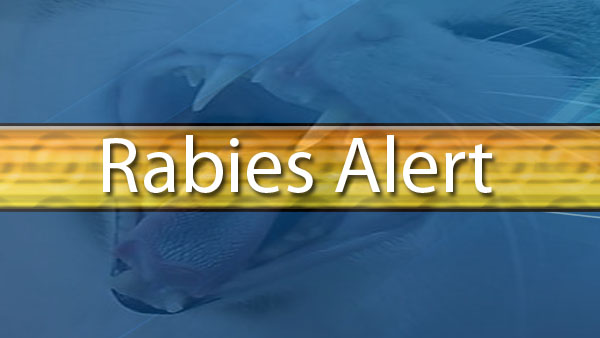
Marion County — The Florida Department of Health in Marion County stated Thursday that a raccoon in the Sparr/Anthony area tested positive for rabies. The raccoon was tested for the rabies virus after an interaction with a domestic animal on May 14, 2018.
Residents who reside in the Sparr/Anthony area should maintain a heightened awareness that rabies is active in the area, particularly those who live north of Northeast/Northwest 100th Street, south of County Road 316, east of U.S. Highway 301, and west of County Road 200A.
Officials said domestic animals are at risk if they are not vaccinated and that, rabies is always a danger in wild animal populations. An animal with rabies could infect other wild or domestic animals that have not received a rabies vaccination.
Two Florida residents died from the rabies virus in 2017. Rabies is a disease of the nervous system and is fatal to humans and warm-blooded animals. The only treatment for human exposure to rabies is rabies-specific immune globulin and rabies immunization. Appropriate treatment started soon after the exposure will protect an exposed person from the disease.
Individuals who have been bitten or scratched by wild or domestic animals should seek medical attention and report the injury to the Florida Department of Health in Marion County at 352‑644‑2713. If your pet is bitten by a wild animal, seek immediate veterinary assistance for the animal, and contact Marion County Animal Services at 352‑671‑8727.
Residents and visitors are advised to take the following precautions:
- Avoid all contact with wildlife, particularly raccoons, bats, foxes, skunks, otters, bobcats, and coyotes. Never adopt wild animals or bring them into your home.
- Teach children to never handle unfamiliar animals, wild or domestic, even if they appear friendly.
- Do not feed or unintentionally attract wild animals with open garbage cans or trash.
- Keep rabies vaccinations up-to-date for all pets.
- Keep pets under direct supervision so they do not come into contact with wild animals.
- Prevent bats from entering living quarters or occupied spaces in homes, churches, schools, and other similar areas where they might encounter people and pets.
“This notice is designed to give public awareness but should not give residents a false sense of security if their area has not been named,” said health officials.
